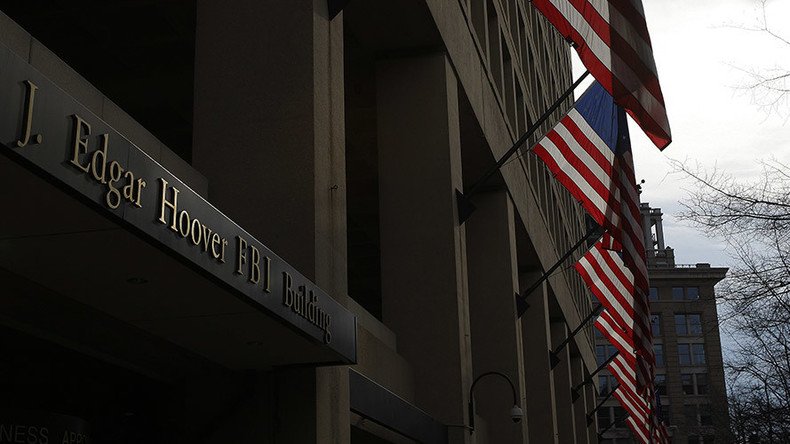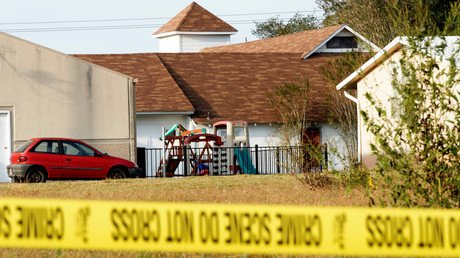Before Texas church shooter, Pentagon knew for 20yrs about crime reporting failures

Blunders in its crime reporting process, such as the type the US Air Force made which allowed Texas church shooter Devin P. Kelley to illegally buy firearms, have long been a problem in the military, a 1997 Pentagon report shows.
The 20-year-old report by the Pentagon Inspector General which resurfaced Tuesday, states the military has been aware of widespread lapses in the process of reporting criminal offenses within the Air Force, the US Army and the US Navy, dating back to February of 1997.
The decades-old Pentagon review emerged as Defense Secretary James Mattis announced Tuesday that he has directed the Pentagon’s Inspector General to review the circumstances surrounding the failures that led the Texas shooter’s past conviction for domestic violence go unreported, and to further “define what the problem is,” according to AP.
The report highlighted mistakes, such as fingerprint cards of offenders not being submitted to the FBI criminal history files in more than 80 percent of cases in the Army and Navy. The scathing report also revealed 38 percent of similar cases went unreported in the Air Force.
It further stated that 79 percent of criminal cases in the Army, 50 percent in the Air Force and 94 percent in the Navy were not reported.
“The lack of reporting to the FBI criminal history files prevents civilian law enforcement agencies from having significant information on military offenders,” the report concluded, according to AP.
It also outlined many reasons for the so-called lapses, which include ambiguous Pentagon guidelines, along with a lack of interest within the military services to submit information to the FBI, which, at the time, was viewed as being chronically overburdened with data.
While describing the military’s handling of the issues, the report said: “In their view, little benefit in solving cases is achieved by providing timely information.”
The 1997 report started as a review launched by an act of Congress, as opposed to being constructed in relation to a specific instance, in a manner in which the Pentagon has now done with the Kelley case.
Federal law prohibited Kelley from buying or possessing firearms after his 2012 domestic violence conviction while he was serving in the Air Force as an airman. But because his conviction was never entered into the FBI database for background checks, the man was allowed to buy his guns.
Kelley had been charged with seven alleged incidents in 2011 and 2012. Five charges were subsequently withdrawn as part of a plea agreement, which included two charges related to Kelley pointing a loaded gun at his wife. He plead guilty in 2012 to striking, choking and kicking his wife. During this incident, he also hit his stepson “with a force likely to produce death or grievous bodily harm,” AP reported.
On Sunday, Kelley opened fire in a Baptist church in Sutherland Springs, Texas, killing 26 people and injuring many more.
Kelley became obsessed with a family dispute in the weeks leading up to the church massacre and proceeded to send threatening text messages to his mother-in-law, according to investigators, CNN reported.
In 2014, while living in an RV park in Colorado Springs, Colorado, a neighbor of Kelley’s told police he saw the man punch a dog. Kelley initially denied it, but court records show that he eventually pleaded guilty to an animal cruelty charge in October of that year, CNN reported.
In 2012, after the incident involving his wife and stepson, Kelley was sent to the Peak Behavioral Health Service in Santa Teresa, New Mexico, while facing a court martial by the Air Force. He then escaped from the facility, and was subsequently arrested at a greyhound bus station near the US-Mexico border, according to the El Paso, Texas police report.
After his escape, Sunland Park, New Mexico police officers searched for Kelley and told El Paso police that he “suffered from mental disorders and had plans to run” from the Peak Behavioral Health center and “take a bus out of state,” WFAA reported.















